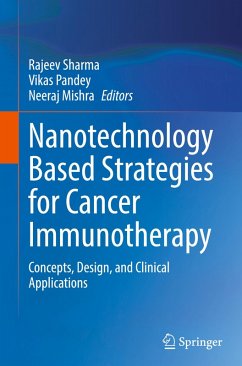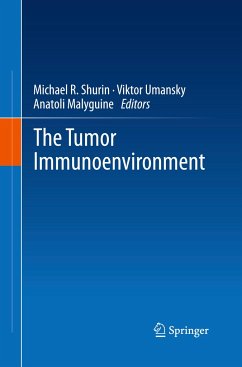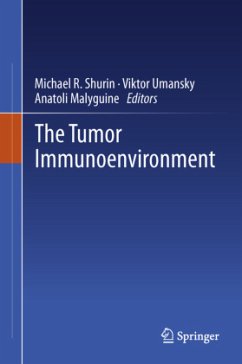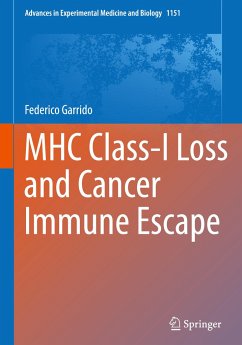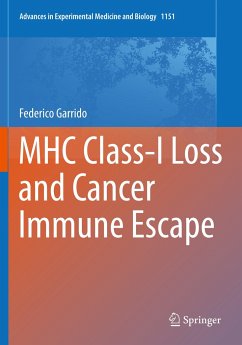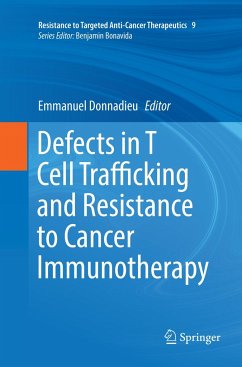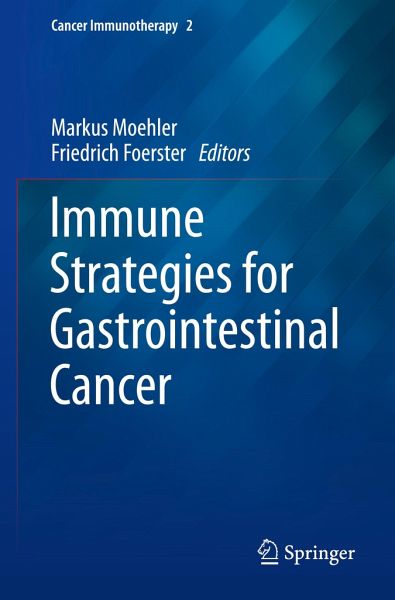
Immune Strategies for Gastrointestinal Cancer
Versandkostenfrei!
Versandfertig in 1-2 Wochen
82,99 €
inkl. MwSt.

PAYBACK Punkte
41 °P sammeln!
This book provides an overview of the available evidence surrounding immunotherapy in gastrointestinal cancers, and discusses its future place in clinical practice.Immunotherapy has celebrated some astonishing therapeutic successes in a variety of cancer types and is becoming increasingly relevant in daily clinical practice. Currently, the predominant class of immunotherapeutic drugs is the so-called checkpoint inhibitors, which disengage the physiological brakes on the immune system, enabling a more effective anti-cancer immune response. Malignancies of the gastrointestinal tract, which accou...
This book provides an overview of the available evidence surrounding immunotherapy in gastrointestinal cancers, and discusses its future place in clinical practice.
Immunotherapy has celebrated some astonishing therapeutic successes in a variety of cancer types and is becoming increasingly relevant in daily clinical practice. Currently, the predominant class of immunotherapeutic drugs is the so-called checkpoint inhibitors, which disengage the physiological brakes on the immune system, enabling a more effective anti-cancer immune response. Malignancies of the gastrointestinal tract, which account for the majority of cancer cases worldwide, are a major cause of morbidity and mortality, creating an urgent need for more effective therapies. A large number of clinical trials have evaluated the efficacy of cancer immunotherapy in gastrointestinal malignancies and demonstrated its potential in certain subsets of patients.
This book will appeal to a wide readership, including oncologists, health care professionals in general and biomedical scientists.
Immunotherapy has celebrated some astonishing therapeutic successes in a variety of cancer types and is becoming increasingly relevant in daily clinical practice. Currently, the predominant class of immunotherapeutic drugs is the so-called checkpoint inhibitors, which disengage the physiological brakes on the immune system, enabling a more effective anti-cancer immune response. Malignancies of the gastrointestinal tract, which account for the majority of cancer cases worldwide, are a major cause of morbidity and mortality, creating an urgent need for more effective therapies. A large number of clinical trials have evaluated the efficacy of cancer immunotherapy in gastrointestinal malignancies and demonstrated its potential in certain subsets of patients.
This book will appeal to a wide readership, including oncologists, health care professionals in general and biomedical scientists.



